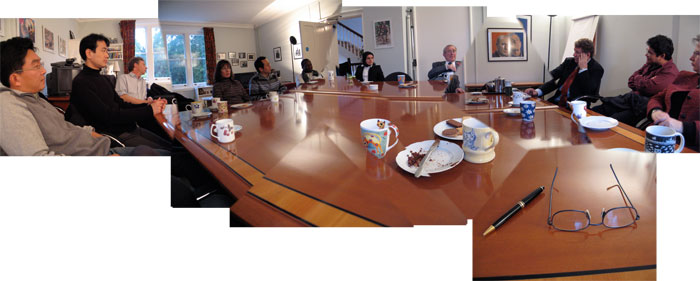In the run-up to the mid-term elections I was puzzled by why UK media outlets were regularly consulting an odious, right-wing fanatic called Grover Norquist.

Just reading Paul Krugman’s reaction to the electoral results makes me even more puzzled. He mentions our friend Norquist:
I’m not calling for or predicting the end of conservatism. There always have been and always will be conservatives on the American political scene. And that’s as it should be: a diversity of views is part of what makes democracy vital.
But we may be seeing the downfall of movement conservatism — the potent alliance of wealthy individuals, corporate interests and the religious right that took shape in the 1960s and 1970s. This alliance may once have had something to do with ideas, but it has become mainly a corrupt political machine, and America will be a better place if that machine breaks down.
Why do I want to see movement conservatism crushed? Partly because the movement is fundamentally undemocratic; its leaders don’t accept the legitimacy of opposition. Democrats will only become acceptable, declared Grover Norquist, the president of Americans for Tax Reform, once they “are comfortable in their minority status.” He added, “Any farmer will tell you that certain animals run around and are unpleasant, but when they’ve been fixed, then they are happy and sedate.”
Norquist is famous for his desire to shrink government “down to the size where we can drown it in the bathtub.” According to his Wikipedia entry, “his close business and political ties to recently indicted lobbyist Jack Abramoff are the subject of a current federal investigation.”



